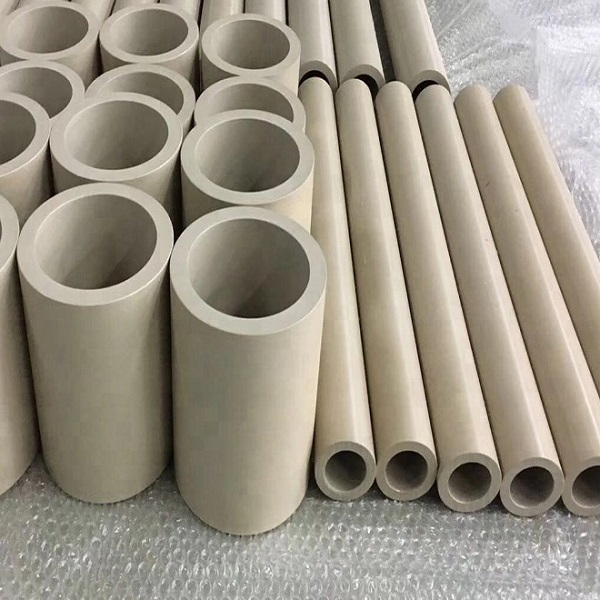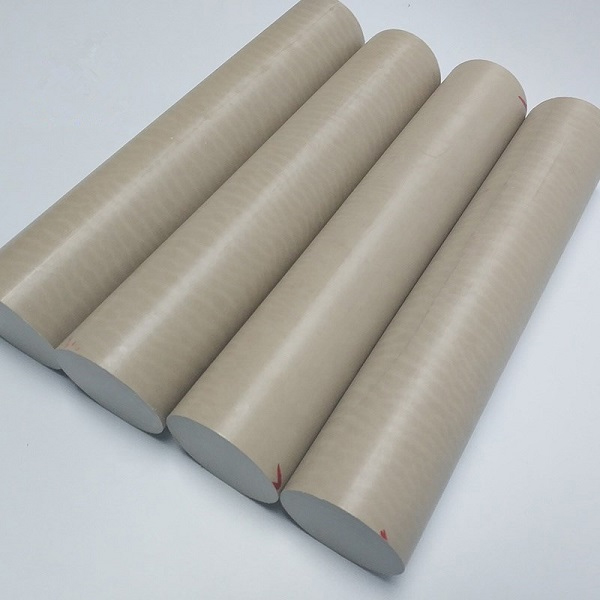In this article, we will delve into the intricacies of how PEEK is processed and manufactured, shedding light on the key steps involved in bringing this special engineering plastic to life.
Understanding PEEK:
Polyether Ether Ketone, or PEEK, is a semi-crystalline thermoplastic that belongs to the polyaryletherketone (PAEK) family. Renowned for its exceptional thermal stability, mechanical strength, and chemical resistance, PEEK finds applications in diverse industries, including aerospace, automotive, medical, and more.
Processing PEEK: A Step-by-Step Guide
Polymerization:
PEEK is synthesized through a process called step-growth polymerization, where the monomers react to form high molecular weight polymers. This controlled polymerization ensures the uniformity and consistency of the material.
Extrusion:
After polymerization, the PEEK resin is typically extruded into various forms, such as sheets, rods, or pellets. Extrusion involves heating the resin and forcing it through a die to create the desired shape. This step is crucial for shaping PEEK into its initial form before further processing.
Molding:
PEEK can be molded using various techniques, including injection molding and compression molding. Injection molding is commonly employed for producing intricate and detailed components, while compression molding is preferred for larger and more straightforward shapes. These processes provide the final product with the desired dimensions and characteristics.
Annealing:
To enhance the crystallinity and improve the mechanical properties of PEEK, the molded components are often subjected to an annealing process. Annealing involves heating the material to a specific temperature and then gradually cooling it. This step reduces internal stresses and enhances the material's overall stability.
Manufacturing Applications of PEEK:
PEEK's exceptional properties make it a material of choice in a wide range of applications:
Aerospace: PEEK is used in aircraft components due to its lightweight nature and resistance to harsh environmental conditions.
Medical: In the medical field, PEEK is employed in implants, surgical instruments, and various medical devices, thanks to its biocompatibility and sterilization capabilities.
Automotive: PEEK finds applications in the automotive industry for components requiring high temperature and chemical resistance, such as seals and gaskets.
PEEK - Transforming Industries with Tuntunplastic Excellence
In conclusion, the processing and manufacturing of PEEK involve a series of well-defined steps, each contributing to the exceptional properties of this special engineering plastic. As industries continue to demand high-performance materials, PEEK stands as a reliable solution across diverse applications. For top-quality PEEK products, consider Tuntunplastic, a leading name in the industry committed to delivering excellence in every product.




